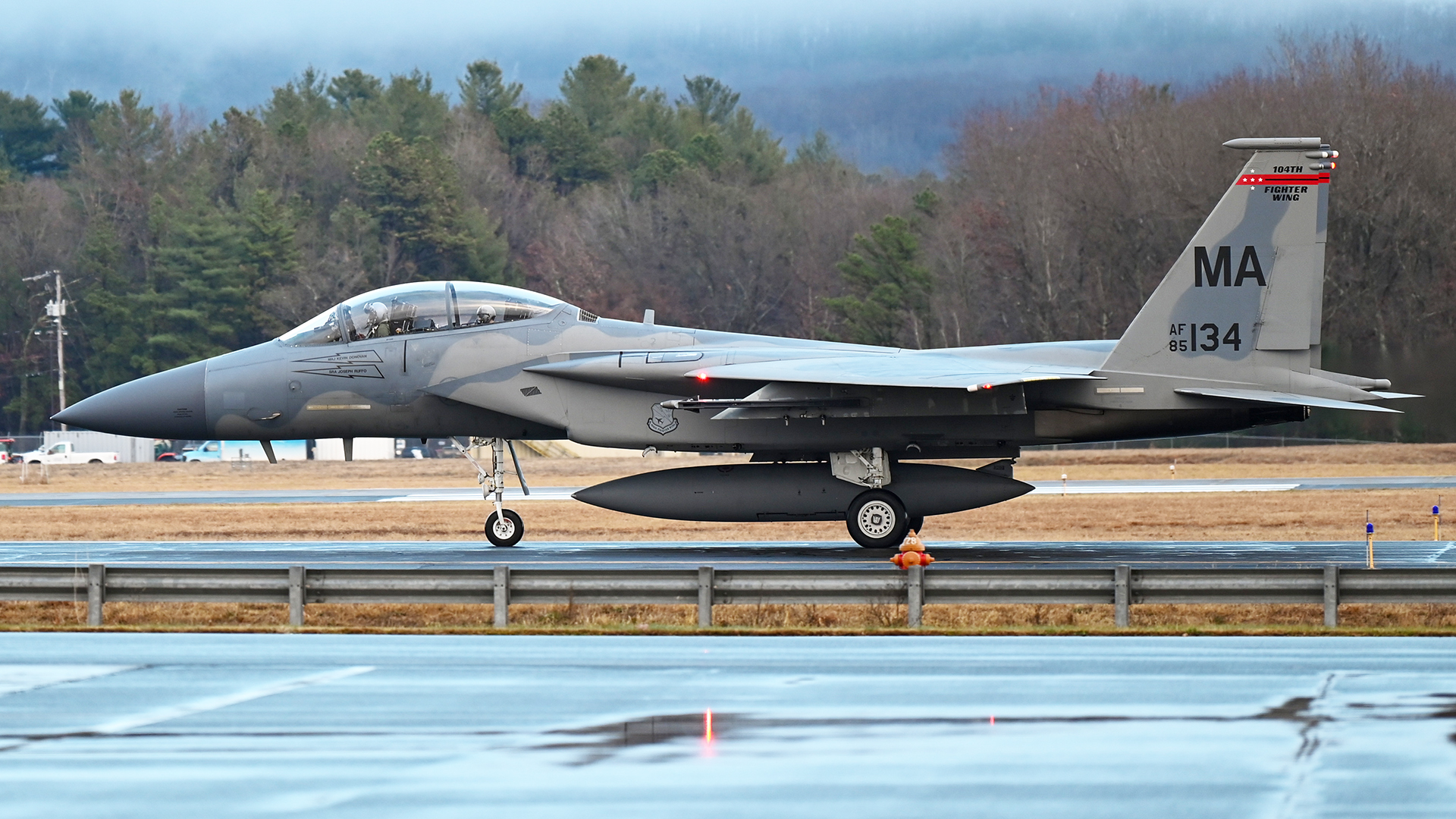Escalating Tensions: India and Pakistan Engage in Missile Strikes Amid Ongoing Conflict

In a striking escalation of military tensions between India and Pakistan, India launched missiles targeting three air bases within Pakistan's territory, although most of the missiles were reportedly intercepted, according to a statement from Pakistan's army spokesman on Saturday.
This incident marks a significant intensification of hostilities that began following a shocking gun massacre last month, which India has attributed to Pakistan's support for militant groups. The massacre occurred on April 22, when a brutal attack at a popular tourist site in India-controlled Kashmir claimed the lives of 26 civilians, primarily Hindu Indian tourists. This tragedy has heightened the already fraught relationship between the two nuclear-armed neighbors.
State-run Pakistan Television wasted no time in responding, announcing that retaliatory strikes were underway targeting “multiple locations in India.” Pakistan’s military confirmed that the attacks were aimed at Indian missile storage facilities as well as airbases located in Pathankot and Udhampur. This reciprocal aggression raises the stakes significantly in a region that has witnessed longstanding rivalry and conflict.
During a televised address, Lieutenant General Ahmad Sharif, the spokesman for the Pakistani army, reassured the public that Pakistan’s air force assets remained intact despite the Indian strikes. He went on to detail that some Indian missiles had strayed into India's eastern Punjab region, adding, “This is a provocation of the highest order.” Sharif also noted that some of the missiles ended up in Afghanistan, highlighting the regional implications of this conflict.
According to Sharif, India launched a total of six ballistic missiles from the city of Adampur. He reported that one missile hit the Adampur area, while the remaining five impacted the Amritsar region within Indian Punjab. The Indian army confirmed sightings of drones in 26 areas across various Indian states that border Pakistan and Indian-controlled Kashmir, including Srinagar, and indicated that these drones were being monitored and engaged appropriately. “The situation is under close and constant watch, and prompt action is being taken wherever necessary,” the Indian army stated.
The tension has been further exacerbated by previous military actions. On Wednesday, India conducted airstrikes on several locations it described as militant-related within Pakistani territory, an operation that Pakistani officials claim resulted in the death of 31 civilians. In a dramatic turn of events, Pakistan has asserted that it managed to shoot down five Indian fighter jets amid ongoing military exchanges. Conversely, India has claimed it successfully thwarted Pakistani drone and missile attacks targeting military installations across more than a dozen cities, including Jammu.
As the situation develops, Pakistan has unequivocally denied any involvement in drone attacks against India, while India has maintained its stance, asserting that it successfully targeted Pakistan's air defense systems and radar installations close to Lahore. The claims made by both sides have yet to be independently verified, leaving the actual circumstances surrounding these military confrontations shrouded in ambiguity.


























